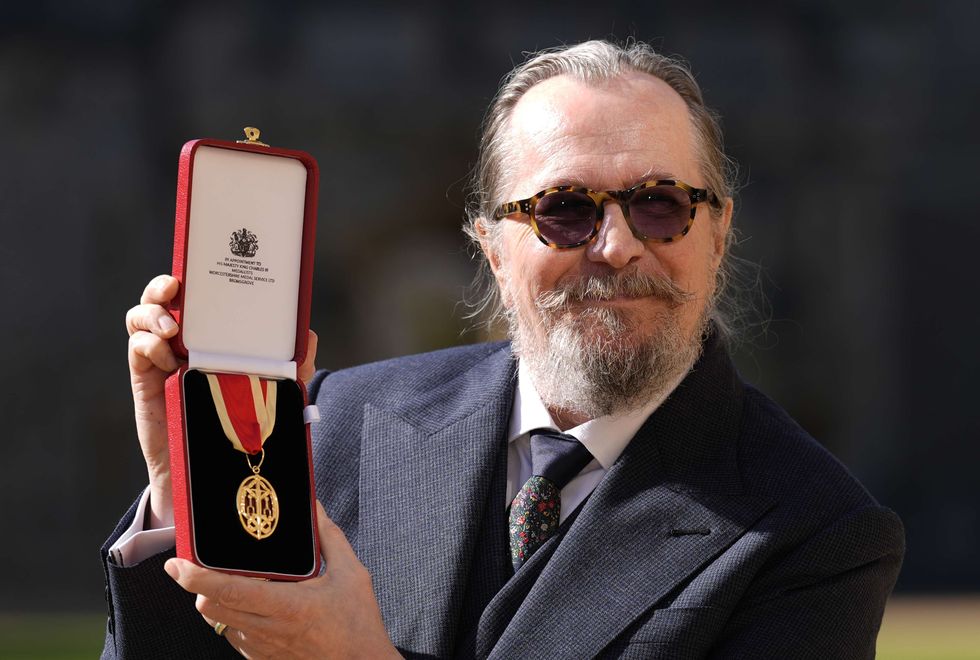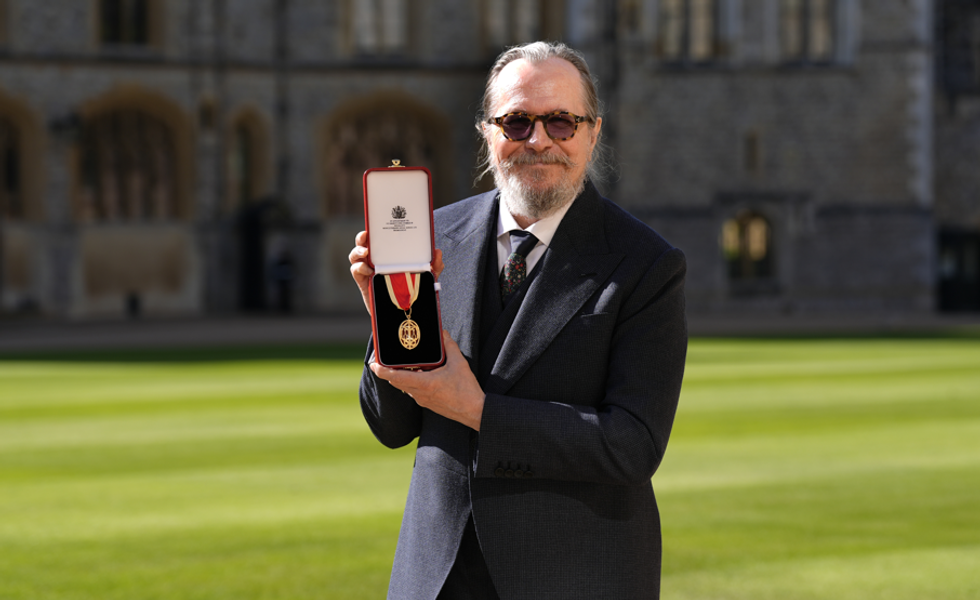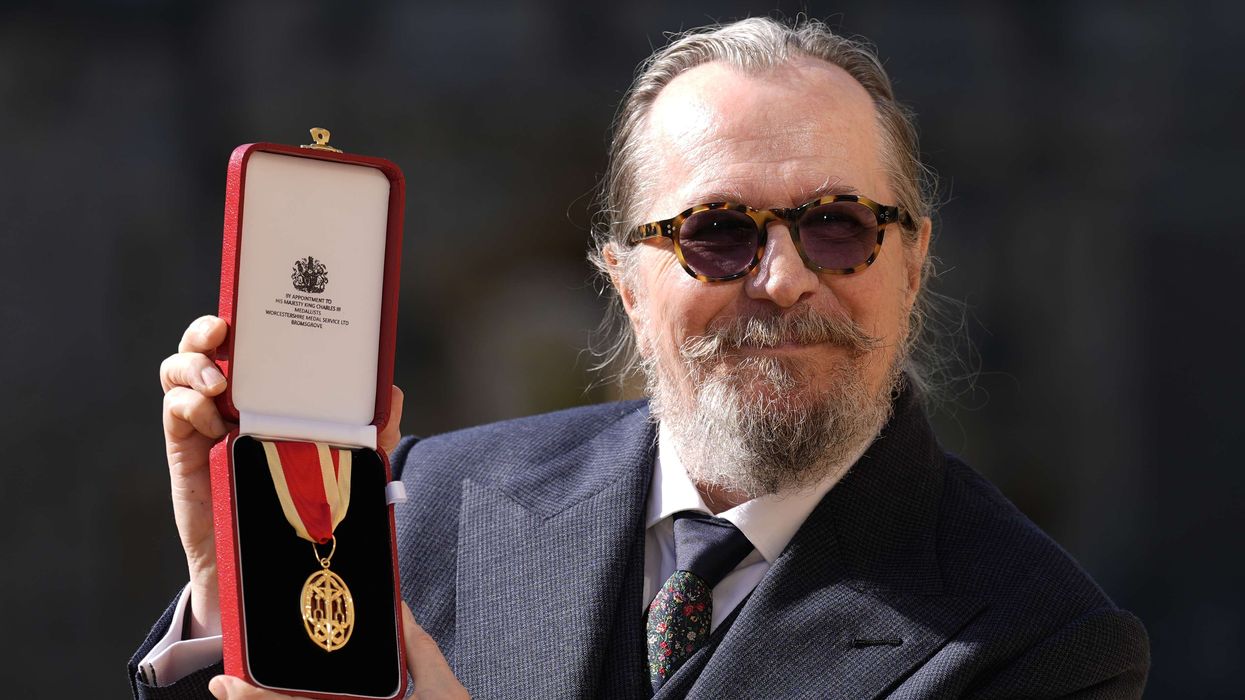Highlights:
- Gary Oldman becomes Sir Gary in a Windsor Castle ceremony.
- He once joked about the royals never giving him a nod.
- The actor's career is a wild ride from Sid Vicious to Winston Churchill.
- Fans know him best today as the grubby spymaster in Slow Horses.
- This honour lands six years after his Oscar win for The Darkest Hour.
So, it is finally official. Gary Oldman has officially become Sir Gary after receiving his knighthood at Windsor Castle. This feels like a long time coming, does it not? The actor, famous for completely vanishing into his roles, received the recognition for his services to drama. It is a proper cap on a career where he has played everyone from a punk rocker to a prime minister and even mentioned a few years back that the royal honour had somehow passed him by.

That time he wondered about a royal nod
Back in 2023, he was talking to the BBC and the subject came up. He said, pretty bluntly, "I do not know why. You should ask them. No nod from the royals, but there we are. Maybe it is in my future." It is what makes the whole thing feel so pointed.
Well, guess what? The future turned up on Tuesday. You have to think that moment, that little public wondering, made walking into that castle today feel a bit sweeter.

What even is a defining Gary Oldman role?
Seriously, try to pick one. Is it the raw terror of Sid Vicious? The dark grandeur of Dracula? Or is it Harry Potter's godfather, Sirius Black, for a whole generation? For awards voters, it was his transformation into Winston Churchill that finally got him the Oscar. He is one of those rare actors who is not just playing a part, he seems to become someone else entirely. That is the sheer breadth this knighthood is acknowledging.
Where you can see him right now
If you want a taste of his current genius, just switch on Apple TV. He is the star of Slow Horses, playing Jackson Lamb, the most brilliantly offensive MI5 agent ever put on screen. He is almost unrecognisable, and the show is a smash. Just as he receives this lifetime achievement award, he is also giving one of the most talked-about performances on television, proving he is nowhere near done.
A knighthood that seals the deal
This is not just another award to stick on the mantle. This is the one that etches his name into the official story of British drama. From his brutal, personal film Nil By Mouth to blockbuster Batman films and now a hit spy series, his path has been wildly unpredictable. The knighthood sort of pulls all those threads together. It is the final word on a career that has been anything but ordinary.





